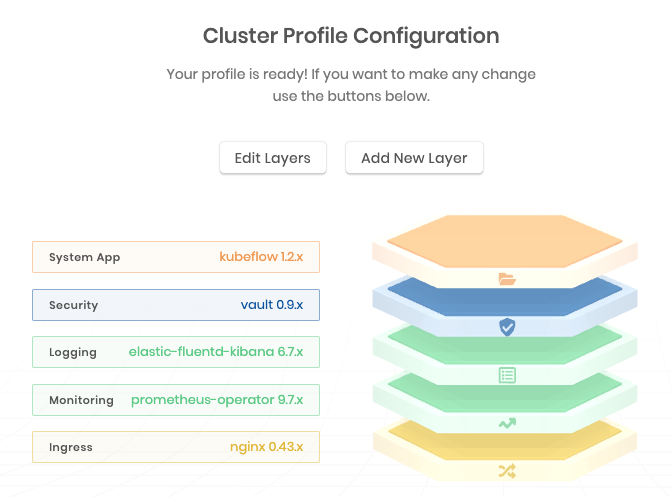Spectro Cloud Adds Support for Existing Kubernetes Clusters
Spectro Cloud today announced it is adding support for already installed distributions of Kubernetes to its management platform. Previously, the Spectro Cloud Kubernetes platform required IT organizations to install a distribution of Kubernetes.
Tenry Fu, CEO, Spectro Cloud, says there is now enough critical mass of distributions of Kubernetes already deployed in cloud computing environments to warrant adding support for other distributions of Kubernetes. Accessed via a software-as-a-service (SaaS) platform, the Spectro Cloud platform now supports existing instances of Kubernetes clusters running on Amazon Elastic Kubernetes Services (EKS), Azure Kubernetes Service (AKS) and Google Kubernetes Engine (GKE).
Spectro Cloud adds cluster management capabilities to existing clusters by layering on cluster profiles in a way that doesn’t require reconfiguration of Kubernetes clusters. Those profiles then make it feasible for IT administrators to manage fleets of Kubernetes clusters via a graphical user interface (GUI) versus requiring IT organizations to hire and retain the services of a site reliability engineer (SRE).
Arguably, one of the biggest inhibitors of Kubernetes adoption has been its complexity. For the most part, Kubernetes is a platform built by engineers for other engineers that have programming skills. Additional layers of abstraction that are accessed via a GUI are generally required to make Kubernetes clusters more accessible to the average IT administrator.
As the number of Kubernetes clusters deployed in IT environments increases, many of the DevOps teams that initially deployed them are now asking IT operations teams for help managing these platforms. Many DevOps teams want to focus their limited resources on building and deploying new applications. Very few IT administrators have deep programming expertise, however, so they require a platform that makes those Kubernetes clusters more accessible to them.
In general, IT organizations are also starting to factor Kubernetes into their hybrid cloud computing strategies. Kubernetes makes it feasible to deploy applications more consistently across multiple platforms that support the same core set of application programming interfaces (APIs). Platforms such as Spectro Cloud enable IT teams to centralize management of multiple clouds, and reduce the total cost of IT in the wake of the economic downturn brought on by the COVID-19 pandemic.
It’s not clear yet how much control IT administrators will ultimately have over Kubernetes clusters. It’s apparent, however, that deploying fleets of Kubernetes clusters is all but inevitable. At a time when there is very little standardization on specific Kubernetes distributions, the issue IT organizations face now is determining how best to manage all the various distributions of Kubernetes their organization is likely to employ in the months ahead.
Of course, there are now a lot more platforms available for managing fleets of Kubernetes clusters than there was a year ago. Regardless of the management platform selected, with many Kubernetes clusters of varying distributions up and running, IT will clearly see the need for such a platform.





